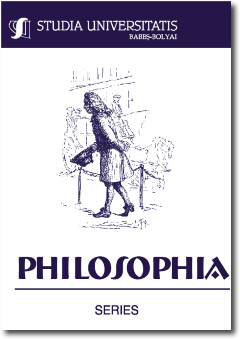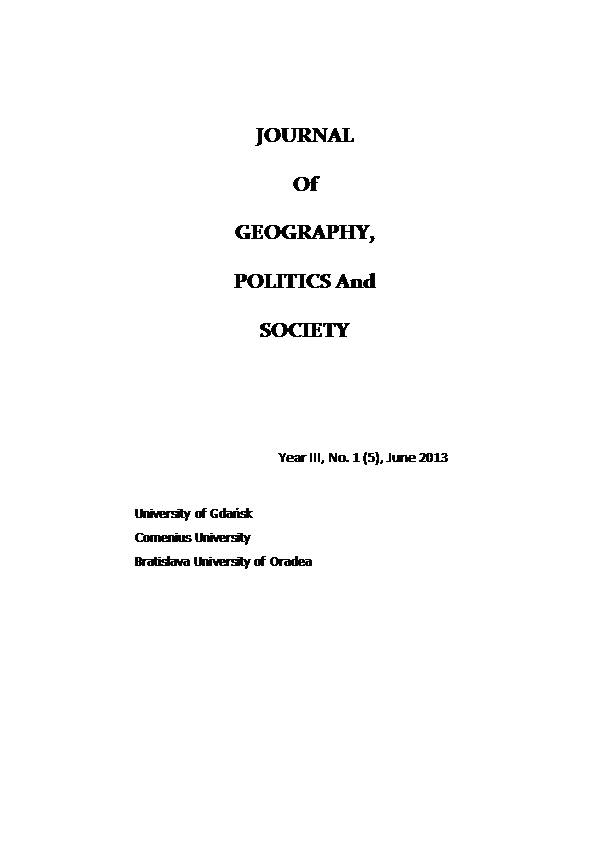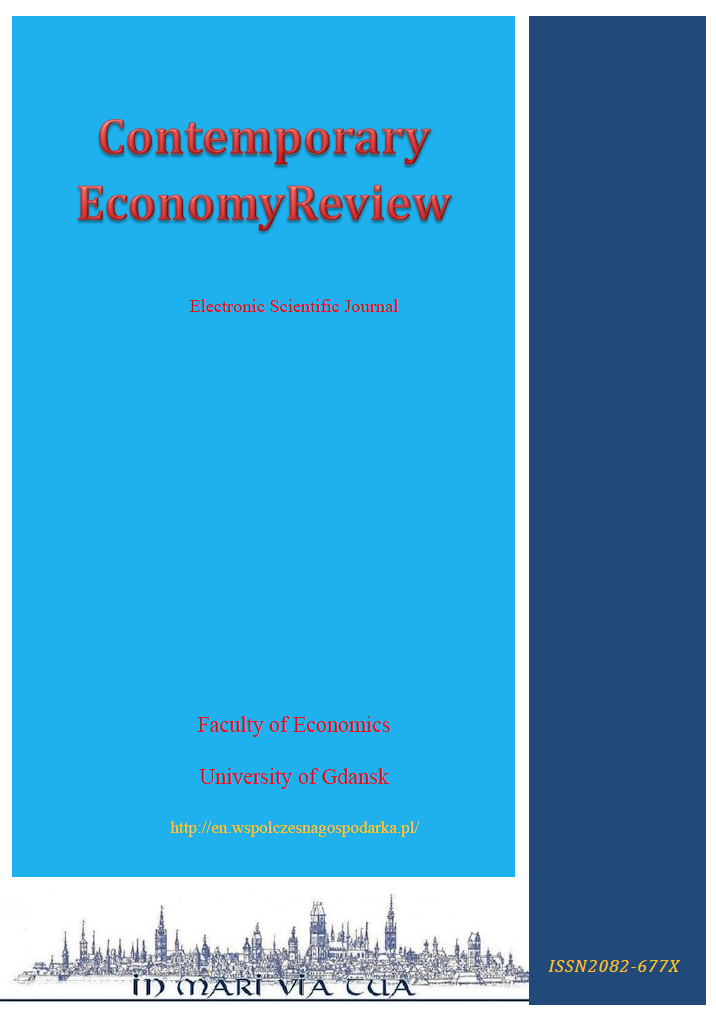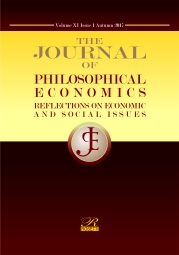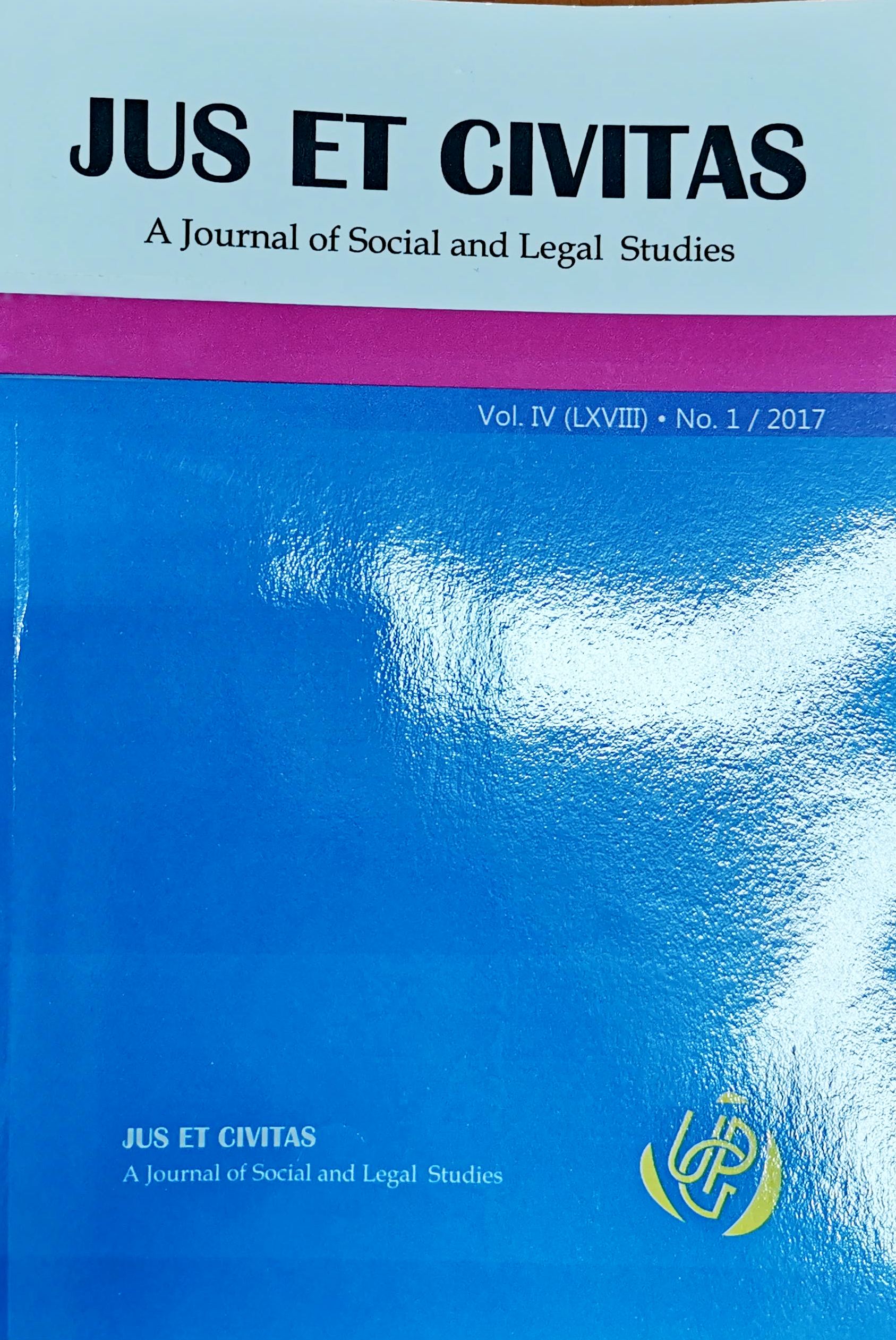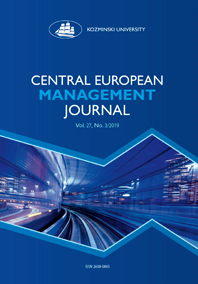ROLE OF EMPLOYERS’ REPRESENTANTIVES IN CASE OF INSOLVENCY
Author(s): Desiree Diaconescu / Language(s): English
/ Issue: IX/2015
Keywords: Norms; Normative act; Mandate; European Council; Insolvency low; Role of the employee’s representative;
The Nature of the existing social relationships in the society governed by the principle of demand and supply generates the existence of an employer, on the one hand, and of the employees (workers) on the other hand.During their evolution, the relationships between the two entities experienced a lot of failure, and eventually they were regulated by legal norms of immediate applicability and obligatory for the parties.During such evolution, the contradiction was the foundation of determining the principles regulating the relationships between the employer and the employee, and the democratization of social options made the adopted legal packages include mutual rights and obligations, as well as an accepted control system control from the public authority.There cannot be conceived a functional base to regulate the relationships between the employer and the employee in the absence of some rules subsequently becoming legal norms, with binding power.The direct interests of each party generates a conflict situation, thus obliging the law-maker regulate or change the legal norm in order to mitigate such conflict situation, and to satisfy at the highest degree the aspirations and interests of each of the parties.The globalization of the commercial relationships, the tight dependence between the economic sectors, the need of identification and incorporation of the raw materials, identification of sale markets, all of these increased the need of uniformity of the legal norms, at the possible extent. At the same time, it is not possible to manufacture material goods, to render services, to provide research, innovations, etc. in the absence of the labour force able to meet the needs of the consumer by manufacturing such merchandise or by providing the requested services.The regulation of the relationships between the employee and the employer was also generated by the truth according to which the labour force is merchandise, having its own cost, depending on several criteria imposed by the market. The merchandise has its own cost, which is included in the final price of goods. Beyond the purely economic aspects, the society developed organizations enabled to supervise, and sometimes to have their own legal initiatives on the mitigation as possible any functional difficulties inevitably arising between the employer and the employee.In connection with such aspects, we intend to have a review, on a didactical purpose, of the regulation process, by Romanian legislation, of the relationships between the employer and the employee, by stressing on the matter of representation of the employees in their various modes of expression. This work is not intended to provide a deep analysis, nor it can analyse all the regulations included in the legislative package generated by the regulatory authority, which is enabled to issue norms of binding character.
More...
